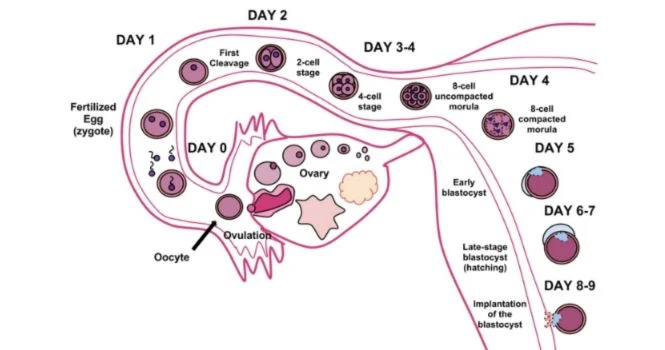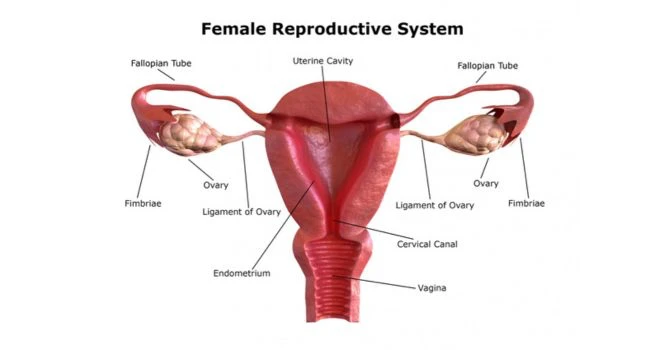Asparagus is a nutritious vegetable that can be a valuable addition to the diet during pregnancy, offering numerous health benefits due to its rich nutrient profile.
When considering the inclusion of asparagus in a pregnancy diet, it’s essential to understand both its nutritional benefits and any precautions that need to be taken.
Nutritional Benefits of Asparagus During Pregnancy
1. Folate: Asparagus is an excellent source of folate (vitamin B9), a crucial nutrient during pregnancy for the development of the fetal nervous system. Adequate intake of folate is important for preventing neural tube defects in the developing fetus.
2. Fiber: High in dietary fiber, asparagus can help alleviate constipation, a common issue during pregnancy due to hormonal changes that slow digestion.
3. Vitamins and Minerals: Asparagus provides a range of vitamins including vitamins A, C, E, and K, along with minerals such as potassium and phosphorus. These nutrients support overall health, immune function, and bone health.
4. Low in Calories: Being low in calories yet high in water content, asparagus can support healthy weight management during pregnancy, keeping you feeling full and hydrated without adding excessive calories.
5. Antioxidants: Asparagus is rich in antioxidants, which help combat oxidative stress and inflammation in the body, promoting overall health and potentially reducing the risk of certain pregnancy complications.
Precautions and Considerations
1. Portion Control: While asparagus is healthy, moderation is key. Large quantities may lead to excessive fiber intake, which can cause digestive discomfort.
2. Preparation and Safety: Ensure that asparagus is washed thoroughly and cooked properly to avoid the risk of foodborne illnesses, which pregnant women are particularly susceptible to. Avoid raw or undercooked asparagus in dishes like salads.
3. Pesticide Exposure: As with all fruits and vegetables, consider the potential for pesticide exposure. If possible, choose organic asparagus to reduce the intake of harmful chemicals, or ensure thorough washing of non-organic produce.
4. Uric Acid Content: Asparagus contains purines, which can lead to the formation of uric acid. In excessive amounts, this can be a concern for individuals with kidney issues or those prone to gout. However, for most pregnant women, this is not a significant concern unless advised otherwise by your doctor
Incorporating asparagus into a pregnancy diet can offer numerous health benefits, contributing to the nutritional needs of both the mother and the developing fetus.
Its rich array of nutrients supports fetal development, maternal health, and may alleviate some common pregnancy discomforts.
However, it’s important to consume asparagus as part of a balanced diet, considering portion sizes and preparation methods to maximize its health benefits while minimizing any risks.
As with any dietary change during pregnancy, consulting with your doctor can provide personalized advice and assurance.













